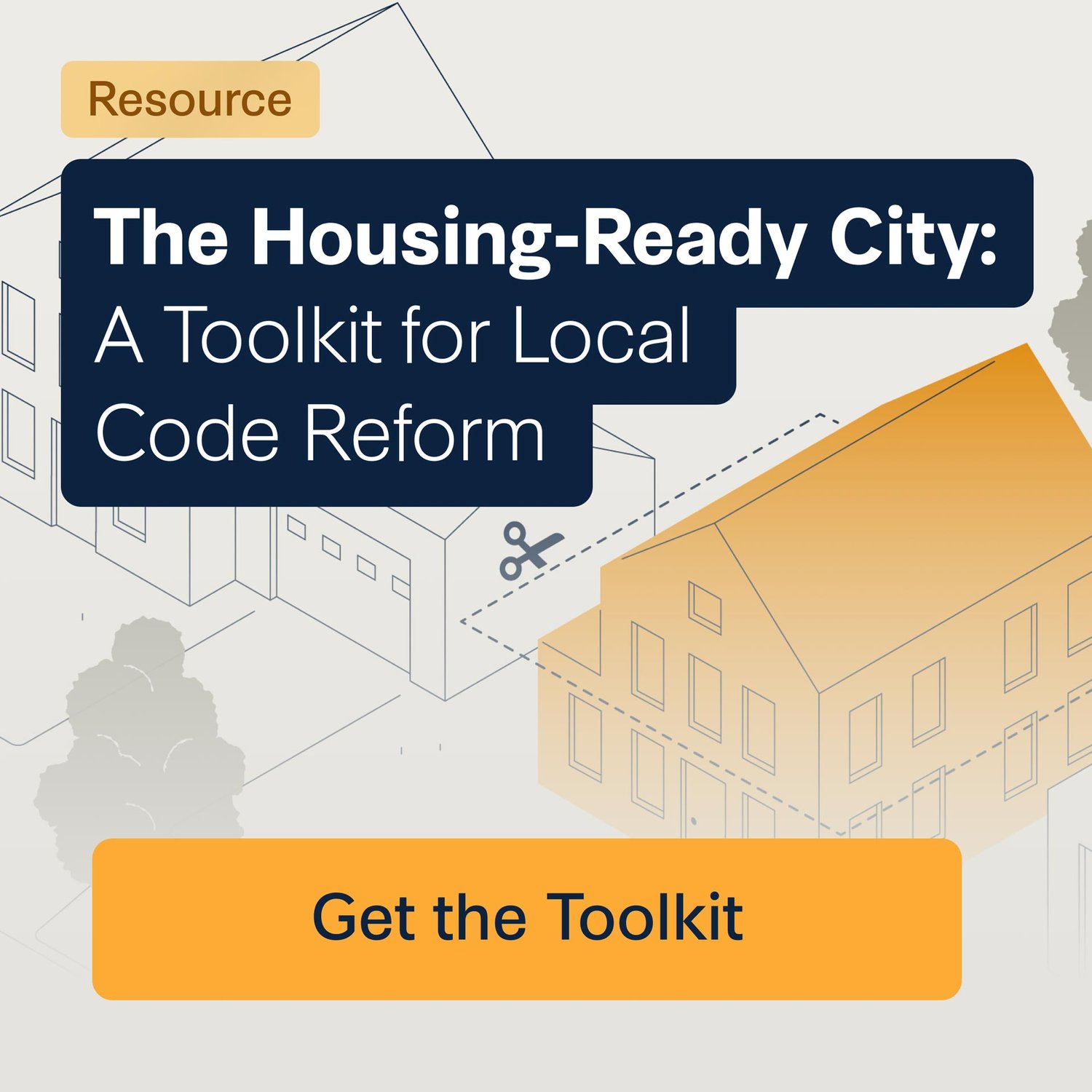Small-Scale Housing is Making a Big Impact in Seattle
Photo by Gustavo Zambelli on Unsplash
Across the country, rising home prices and limited housing options are forcing local leaders to rethink outdated zoning laws and find innovative ways to create more homes. In Seattle, one of the most effective and politically feasible solutions has been the expansion of Accessory Dwelling Units (ADUs)—also known as backyard cottages or in-law suites.
Since the city eased restrictions in 2019, ADU construction has surged by 250%, with nearly 1,000 permits granted last year alone. For the first time in Seattle’s history, ADU development is outpacing single-family home construction. This shift is helping the city add much-needed housing without drastically altering neighborhood character or requiring massive public subsidies.
Beyond the numbers, ADUs are addressing a range of housing challenges—from family stability to housing security.
Take Jennifer and Steenstra, a couple from Northwest Seattle. They built a backyard cottage for Jennifer’s 88-year-old mother, allowing her to maintain her independence while staying close to family. “I get invited to dinner most days,” she jokes, clearly delighted with her new living arrangement. Steenstra, who works for the Low Income Housing Institute, told The Seattle Times that the couple was likewise open to the idea of renting to people who couldn’t otherwise afford the area, like public school teachers. “We had the space to do it and also just wanted to steward this property … in a way that could help others.”
For Sarah and Mark, longtime Ballard residents, an ADU offered a similar kind of flexibility. Their 1950s two-bedroom rambler had no basement but a spacious yard. It was the perfect size for the couple—until their two teenagers started bringing friends over. Building a small dwelling in the backyard gave them extra space and has been invaluable for visiting family.
“There are other visions too,” Mark added. “Having a renter back here, making it a subsidized rent so that we can help with housing affordability in Seattle–that's a good way for us to give back.”
Seattle-based nonprofit Facing Homelessness is also using ADUs to provide housing for people experiencing homelessness. Their BLOCK Project partners with homeowners to build small backyard cottages specifically for unhoused individuals, creating stable homes while integrating them into existing communities. With a mix of public and private funding, the program shows how ADUs can be part of a compassionate, community-based response to homelessness.
One of the BLOCK Project homes.
An ADU in progress from the BLOCK Project.
Seattle’s ADU strategy is proving that incremental housing solutions can be politically viable and highly effective. While some of these units are priced at a premium—selling for over $700,000—they still offer a more attainable option than single-family homes, which can exceed $1.2 million. Moreover, many ADU owners are choosing to rent their units at below-market rates, helping to create more affordable housing options without government mandates or subsidies.
For elected officials looking to expand housing choices in their communities, easing restrictions on ADUs is a great place to start. These units allow cities to add density where infrastructure already exists, provide homeowners with financial flexibility, and create housing options for a diverse range of residents.
If you’re ready to explore how ADUs can be part of your city’s housing strategy, download “The Housing-Ready City” toolkit.










